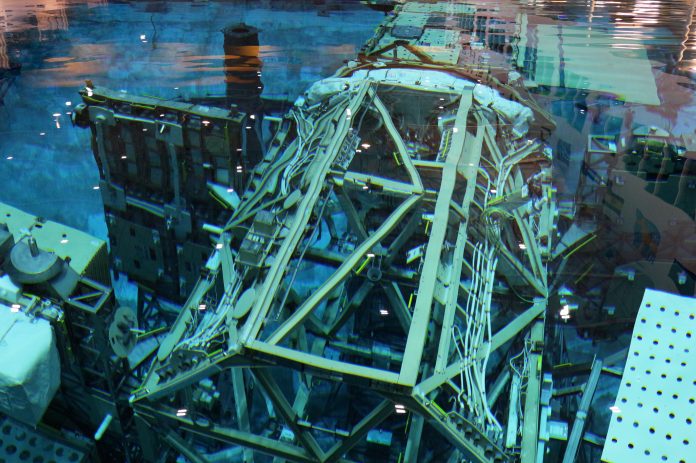Open Access Government reflects on the meaning of sustainable space exploration, with a specific telescope in mind
When it comes to space exploration, various States have been making forays into the great, dark unknown for decades. Now, even billionaires can explore space, just a little bit. But the purpose of space exploration should be more than a publicity stunt. If there is a fast fashion in space exploration, it would be going off-planet without any specific knowledge attainment goals.
According to experts at the European Space Agency, the potential of new knowledge for humanity as a collective group should be the governing principle of a costly mission off-planet.
“It needs to have a deeper meaning”
Speaking to us in July, James Carpenter, Exploration Science & Research Coordinator at the European Space Agency (ESA), said: “Thinking about going back to the Moon and exploring beyond that, this should be sustained and continuous, something that provides benefits for all humanity. It can’t just be a novelty and extravagant for its own sake: it needs to have a deeper meaning. Sustainability is about making it affordable, ensuring that it delivers real benefits in economic, political, societal, scientific and inspirational terms for all humanity.” [1]
Those “real benefits” can be seen in some recent developments, for instance, the use of a protein found in astronaut blood, sweat and urine to create an eco-friendly concrete – which could eventually enable the building of infrastructures on other planets. While ‘space power’ countries can appear to seek to complete a mission just to prove their strength as a State, for example Mission Shakti by India in 2019, most countries are interested in the potential of international collaboration.
By nature, European space exploration is intrinsically collaborative, as 22 countries are involved in the ESA and its missions. When it comes to sustainable space exploration in other countries, Canada is a key example of how international collaboration can lead to a meaningful output.
The James Webb telescope as a symbol of meaningful exploration
After completing final tests in August, 2021, the James Webb Space Telescope is ready to launch on December 18, 2021. [2] This will become the most powerful and largest telescope to be launched into space, giving scientists access to unparalleled data about the universe around us. The Canadian Space Agency, NASA, and the ESA collaborated to make this possible – with the Ariane 5 rocket even due to launch from Europe’s Spaceport in Kourou, French Guiana.
The James Webb telescope is expected to make a four-week long journey to somewhere four times farther away than the moon, roughly 1.5 million km from Earth itself.
In over 1,000 proposals for accessing the resultant data, 286 were accepted. The Universities and institutions which have created plans for analysing data are located across the world, further highlighting the value of sustainable space exploration. Their work will begin to answer questions about life outside of Earth, other worlds, the way that stars live and die, and how the early universe really evolved.
If there was no ambition for sustainable, meaningful exploration, the ESA and Canada could have chosen to allocate the majority of observation time to their own scientists – furthering advanced knowledge in specific countries. In diametric opposition to the novelty of going to space just to go there, the James Webb telescope mission will be launched in the name of true, sustainable space exploration.
Mr Carpenter further said: “There are enormous benefits from working together, pooling resources, knowledge, expertise and technology. We are much better when we do things together rather than separately. The International Space Station is an extraordinary example of what humanity can do when they work together.” [3]
[1] https://www.openaccessgovernment.org/sustainable-exploration-in-space-benefits-humanity/114173/
[2] https://asc-csa.gc.ca/eng/satellites/jwst/news.asp
[3] https://www.openaccessgovernment.org/sustainable-exploration-in-space-benefits-humanity/114173/











